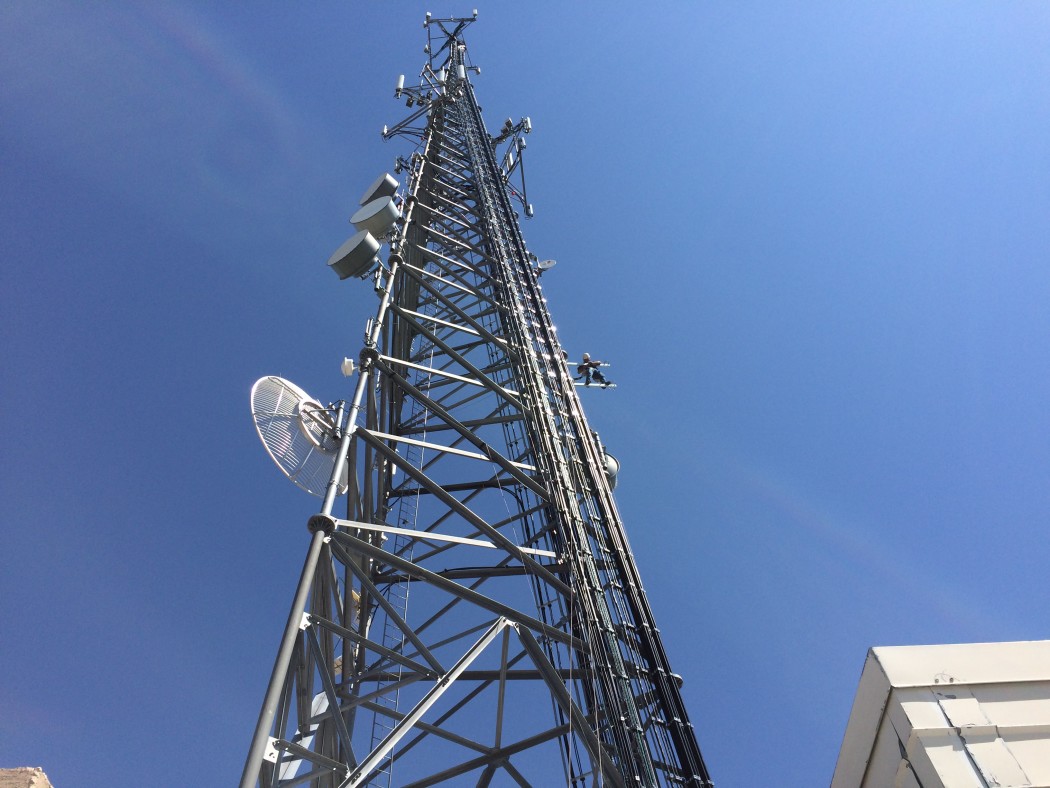Utah Public Radio kicks off series about mental health and athletes
Human in the Helmet, an event to follow up a two-part radio series with Utah Public Radio about mental health in athletics, will be held at 6 p.m. on Thursday at the Wayne Estes Center at Utah State University.
Paige Zamora, the graduate student who organized the radio series during her internship at UPR, said the purpose of the event is to address the growing issue of mental health in athletics.
“Getting people to understand and see an athlete’s face connected with this, I’m hoping, will bridge a gap that’s been, to me, way too wide for way too long,” Zamora said. “I think we are so OK with breaking down the stigma when it comes to ‘normal’ people, but when it is people who are supposed to be these super-human athletes or that we count on to do all these things we don’t see them as human as we should.”
Cori Smith, the director of Utah State’s women’s basketball operations, said addressing athletes’ mental health is happening slowly but surely.
“Obviously, in my opinion, it should have happened yesterday, but anything that can help student athletes feel like they’re not alone and that they have support is moving in a positive direction,” Smith said. “I don’t know that there can ever be enough emphasis on it.”
Zamora’s series has also been supported by Intermountain Healthcare.
“Intermountain hasn’t really put a lot of thought into athletes and their mental health in the last five years,” said Kendra Morris, Intermountain’s marketing and communications sponsorship specialist. “We’ve been really thoughtful in the most recent years with mental health as a whole, but I think it has been a recent thing thinking about how athletes, specifically, suffer.”
Morris said Intermountain is excited about the awareness being created for athletes and their mental health.
“You think that these successful athletes are confident and happy and that they’ve got these amazing, great lives, but really they are people suffering from health issues just like anybody else,” Morris said.
Zamora’s message is meant for three groups of people—kids, parents and coaches, and the athletes themselves.
“If nothing else I feel like interviewing these athletes about it will help them feel that they are not alone,” Zamora said. “And I think that is the end goal other than helping parents and coaches understand how to deal with these things and how to spot them.”
Zamora, Utah State athletics, and Intermountain Healthcare all hope athletes will feel more inclined to seek help if they need it and realize they are not alone in their mental health struggles.
“It can happen to anybody at any time and it really is an illness,” Smith said. “It’s like a broken leg. It’s like a concussion. If you don’t take care of it, it’s just going to keep acting up, getting worse until something happens.”
@AutumnMarilyn

